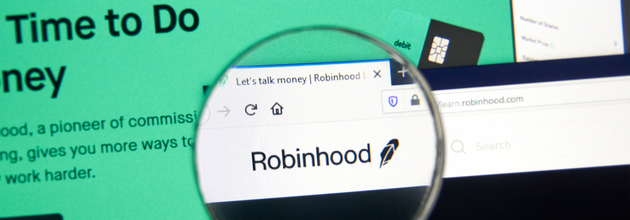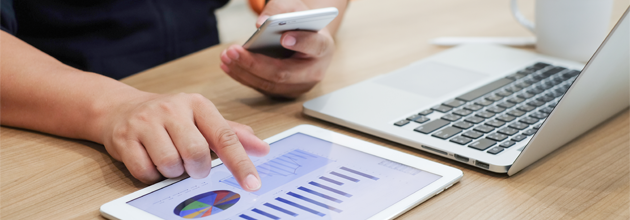It was set to be one of the year's most highly anticipated listings, but Robinhood Markets may have to do more to convince investors to scoop up its shares. The stock trading app, which has surged in popularity among retail investors,
priced its IPO at $38 on Wednesday - at the low end of a marketed range - and will begin trading on the Nasdaq today under ticker symbol "
HOOD." It also detailed plans to reserve up to 35% of shares for users of its app, which could purchase the stock at the IPO price through a new product called IPO Access.
Backdrop: Robinhood busted onto the brokerage scene back in 2013 with a mission to democratize the investing landscape. It has experienced tremendous growth in recent years and eventually prompted competitors like TD Ameritrade (NYSE:
SCHW), Charles Schwab (
SCHW) and E-Trade (NYSE:
MS) to adopt its model of zero-commission trades. The coronavirus pandemic was also a boon for the app as homebound people turned to online trading, while a stampede of investors that have jumped into "meme stocks" and cryptocurrencies has continued to propel its popularity.
By the numbers: Selling 55M shares in the offering at a price of $38, Robinhood would raise slightly over $2B (at a valuation of nearly $32B). Users have more than doubled to 18M over the 12 months through March, while revenue more than quadrupled over the same time period to $1.4B. However, meme-stock madness has led to big losses of late and the company agreed to pay $70M to settle a FINRA probe in June. Options trading accounts for about 38% of Robinhood's revenue, while equities and crypto are 25% and 17% of sales, respectively.
Advantages: Growth is off the charts and half of all brokerage accounts opened in the U.S. from 2016 to 2021 have been set up on Robinhood. The company is also hoping to expand into other initiatives, like IRAs and Roth IRAs, to help turn short-term investors into long-term ones. It could also offer other types of services like debit cards, credit cards, car loans and crypto wallets.
Risks: The app has been in the regulatory spotlight over gamification, which encourages users to trade more via rewards and celebratory notifications. Payment for order flow, the way Robinhood makes money, has additionally come under intense scrutiny, as it could create conflicts of interest and prevent investors from getting the best price for their trades. Retail investing could also slow and the Robinhood prospectus named seven U.S. state and federal bodies investigating the app.
Outlook: 2021 hasn't been a good year for big IPOs in the U.S. Among companies that have raised more than $2B - including AppLovin (
APP), Bumble (
BMBL), Coupang (
CPNG), DiDi (
DIDI), Playtika (
PLTK) and Shoals (
SHLS) - all are down by double digit percentages since their first close. The Renaissance IPO ETF (NYSEARCA:
IPO) is also
off 19% from its February highs and
down more than 5% YTD. That could signal that the market is having a harder time digesting bigger deals - amid a glut of massive equity issuances - and may deter investors from buying more IPOs if they are already underwater. (
9 comments)








EmoticonEmoticon